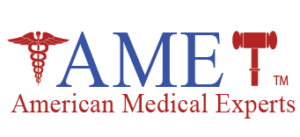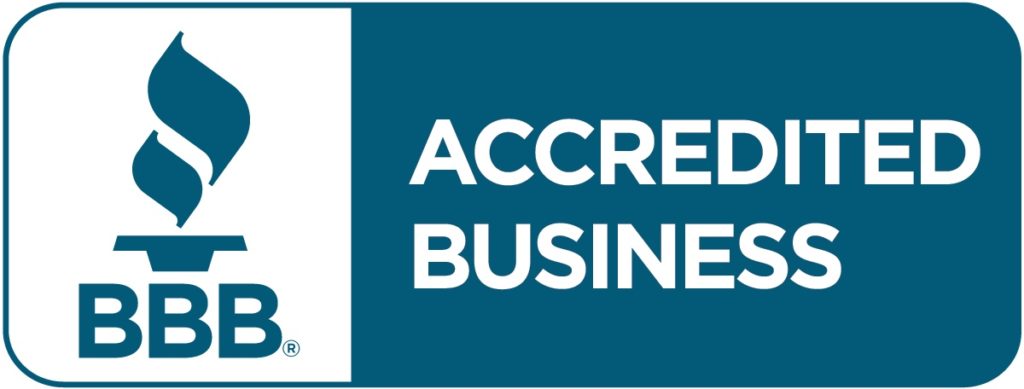Cardiovascular Surgeon Expert Witness
Cardiovascular surgery includes procedures on the heart, veins, and great vessels. Such surgery can be used to treat ischemic or hereditary heart disease. Cardiac surgeons are also responsible for heart transplants. One of AME’s cardiovascular surgery expert witnesses has written an exclusive medical malpractice article that we have provided, for your interest, below. Trasylol/Aprotinin is a drug commonly used during heart surgery; it is known to cause serious complications. These complications include kidney damage, an increased risk of a heart attack, heart failure and stroke. Trasylol is a drug that has been on the market for 13 years and is used to control bleeding. This drug is used in as many as 1 million heart and bypass surgeries per year. Trasylol doubles the risk of kidney damage but also increases the risk of heart attack by 48%. Heart failure risk is also increased by 109% and stroke by 181%. Because it is given intravenously, most people do not even know that they are receiving it. Also, this drug is so bad they stopped clinical trials as complications exceeded 35%. The New England Journal of Medicine published a study on 4,374 Heart Bypass surgery patients with regard to the use of Trasylol (Aprotinin) “The Risk Associated with Aprotinin in Cardiac Surgery”. Trasylol (Aprotinin) is Bayer’s inject-able drug used to prevent excessive blood loss during surgery. The results of the study published are: •Use of Trasylol / Aprotinin for heart surgery to control bleeding doubles the risk of kidney damage. •Resultant kidney damage forces an estimated 10,000 patients onto kidney dialysis each year. •Risk of heart attack is increased 48 percent with the use of Trasylol / Aprotinin. •Risk of heart failure is increased 109 percent with the use of Trasylol / Aprotinin. •Risk of stroke is increased 181 percent with the use of Trasylol / Aprotinin. FDA Issues Trasylol Warning The FDA issued a health advisory on February 8, 2006, in which it warned the public of the increased risk of kidney failure, heart attack, and stroke in patients who were given Trasylol and undergo artery bypass graft surgery. This study pointed out that there are two other generic drugs that are safer and less expensive than Trasylol. While Trasylol costs $1,300 per dose, generic drugs are available more cheaply. Amicar costs $11 per dose and Cyklokapron is $44 per dose. Neither of these generic drugs was associated with the same adverse reactions that characterize Trasylol / Aprotinin. Replacing Trasylol / Aprotinin with one of the two safe generic drugs, would: • Prevent as many as 11,000 kidney dialysis complications per year • Save approximately 1 billion dollars in kidney dialysis costs per year • Reduce heart attack and kidney treatment drug costs by at least $250 million per year

